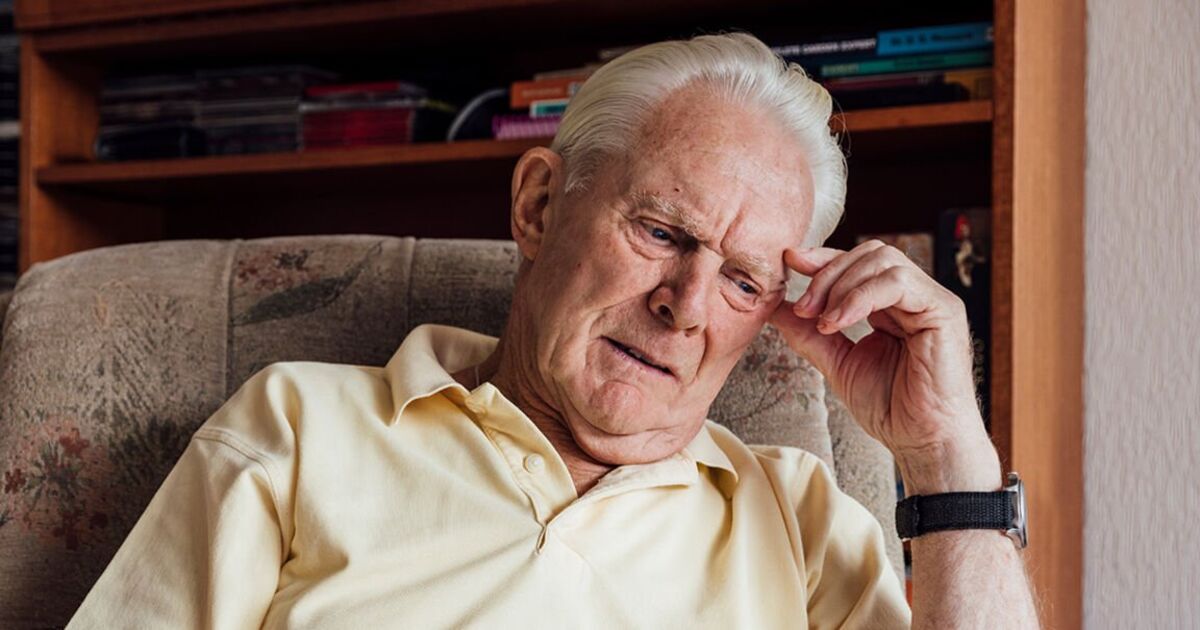Dementia is a syndrome, or a group of associated symptoms, linked to the progressive decline of the brain. Most common in people over the age of 65, it can often be thought of as something that happens as we get older.
While we are more likely to develop dementia the older we are there are other factors at play.
Genetics and lifestyle can also play a role in whether you have dementia, with around 40 percent of cases thought to be entirely preventable.
Whatever the cause, the sooner you spot the signs of dementia the sooner you can seek the right treatment and support.
However, detecting the early symptoms can be difficult as they can often be dismissed as a sign of getting older, such as memory loss and forgetfulness.
The Alzheimer’s Society explains: “People often forget things more as they get older. Most often this is a normal sign of ageing.
“Generally, if a problem is mildly annoying but doesn’t affect your ability to do things in everyday life, then it’s unlikely to be a sign of dementia.”
The charity shared three ways to tell apart normal age-related forgetfulness with dementia.
Forgetting something you were recently told
According to the Alzheimer’s Society, forgetting something you were told a while ago is a typical effect of ageing that you shouldn’t worry about.
However, if you’re forgetting things you were only recently told, it could be dementia.
You may ask for the same information repeatedly, such as, “Are the doors locked?”
Putting objects in strange places
It is usual to misplace things from time to time, such as your phone, glasses or the TV remote.
You can often find them by retracing your steps.
But if you are putting objects in unusual places, for example, putting your house keys in the bathroom cabinet, this could signal dementia.
Being unable to learn new tasks
As we get older it can take longer to work out new tasks, although we can get there in the end.
However, being completely unable to learn new tasks, like setting up and using a new appliance or device, could be a sign of dementia.
The Alzheimer’s Society warns that someone with dementia is “likely” to have some of these symptoms.
But the charity adds: “The changes in the tables below may also be caused by other health conditions.
“For this reason, it’s important not to use these tables to try to diagnose dementia in yourself or someone else.
“Dementia can only be diagnosed by a qualified health professional.”










